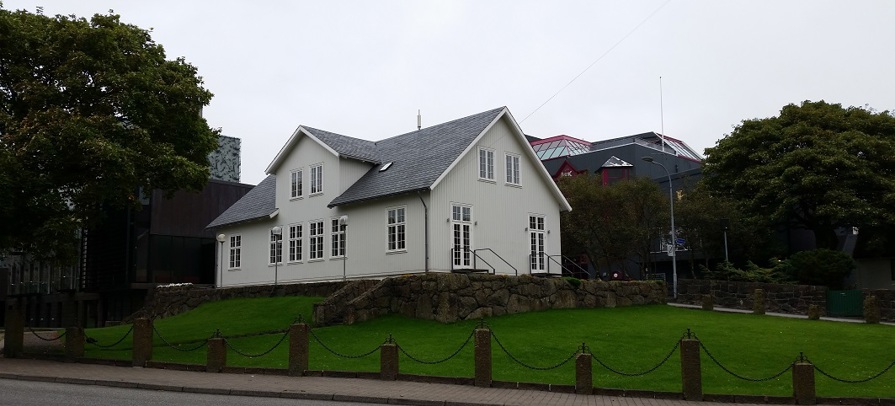Constitutional status of the Faroe Islands
The Faroe Islands are a self-governing nation with extensive autonomous powers and responsibilities within the Kingdom of Denmark.
The legislative assembly of the Faroe Islands, Løgtingið, is one of the oldest parliaments in the world. The executive government, Landsstýrið, is headed by the Prime Minister, known in Faroese as Løgmaður.
The autonomy of the Faroe Islands was established by the Home Rule Act of 1948. A principal objective of the home rule arrangement has been to facilitate the transfer of authority to the government of the Faroe Islands in recognition of the special position of the Faroe Islands from national, historical and geographical points of view.
The Faroe Islands have exclusive competence to legislate and govern independently in a wide range of areas. These include e.g. taxation and financial policy, business regulation, management of fisheries and all other natural resources, the labour market, social security, education, research and culture.
Faroese autonomy in foreign relations is provided for by a treaty between the Faroe Islands and Denmark, the Foreign Policy Act of 2005. The Foreign Policy Act gives full powsers to the Government of the Faroes to negotiate and conclude agreements under international law on behalf of the Kingdom of Denmark where such agreements relate solely to matters for which internal powers have been transferred to the Faroese authorities.
Read more about the Faroe Islands international relations and cooperation here.
